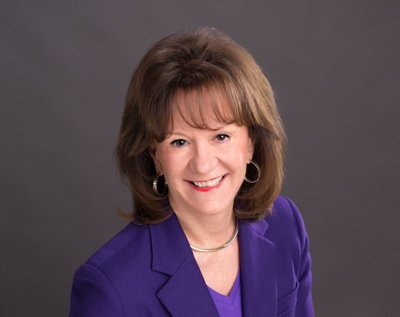
One of the largest school districts in Texas may make an interesting move. The Dallas Independent School District (DISD) is exploring a unique funding option that, if successful, would allow the district to address issues related to a rapidly growing student population, aging facilities and expansion of the district’s academic programs.
Dealing with declining revenues, DISD trustees plan to discuss a seldom-publicized option available to government subdivisions in Texas. The board may create a public facility corporation (PFC), pass a tax increase and allow the corporation, which would be controlled by the district, to issue bonds for school projects.
This week The Dallas Morning News reported on DISD officials’ plans to spend $1.5 billion over the next decade to ensure that the district’s needs are met. The concept of doing it through a public corporation is innovative, but not new.
Legislation was passed in Texas in 1999 that authorized the creation of PFCs. The statute gives the public corporations broad powers over public facilities, including financing, acquisition, construction, rehabilitation, renovation and repair. A PFC has the authority to issue bonds on behalf of a sponsoring public entity.
PFCs have been formed by school districts, cities, housing authorities and other public-sector entities. The Meadowlakes PFC was formed to help save the struggling Hidden Falls Public Golf Course near Marble Falls. In San Antonio, a PFC has been involved in the creation of a 252-unit affordable housing complex and the removal of 200 outdated housing units. Elsewhere in Texas, the cities of Converse and Pharr have PFCs, as do the South Texas ISD, Houston ISD and the Alamo Community College District.
The plan being discussed by the DISD is to implement a tax increase and create a PFC that would issue the bonds. Unlike general obligation bonds, corporation bonds do not require voter approval, although public notice of plans to issue bonds must be given. The public can influence the process because corporations are required to gain voter approval if a petition against a proposed bond is presented that bears the names of 5 percent of registered voters within the jurisdiction of the government subdivision.
The Dallas school district’s plan is to seek voter approval through a tax ratification election to create a permanent increase in the district’s tax rate. School officials are predicting that if the tax increase is approved, the district would net about $100 million per year and gain a long-term source of revenue. The tax ratification election would also provide additional funding for expansion of academic programs, which is high on the DISD wish list.
A number of other Texas school districts have used PFCs to build new facilities, but more than 86 percent of the earlier projects came in at under $10 million. DISD, on the other hand, has a number of high-dollar projects in its sights. Its goals include renovations and additions at more than two-dozen schools and construction of two new high schools as well as two new K-8 community schools.
DISD will discuss this idea at its Board of Trustees meeting later this month. Other school districts are watching. A successful program could be the start of a new trend for financing public sector projects.
For assistance with or information about public school and other public-sector contracting opportunities, contact Strategic Partnerships, Inc.

